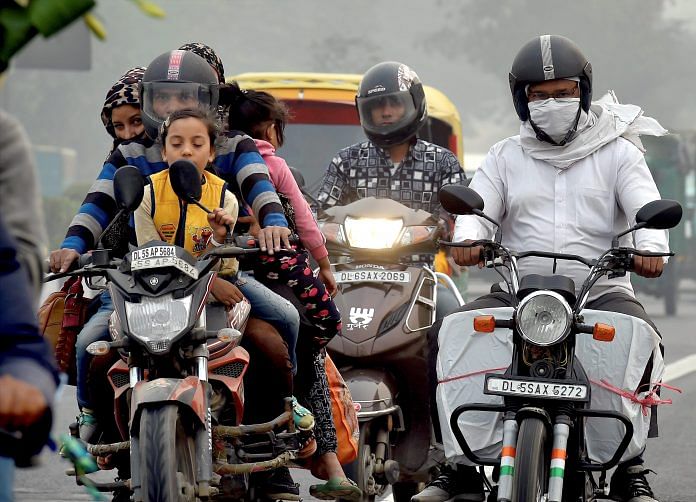The National Green Tribunal Saturday gave a nod to the Delhi government to go ahead with the odd-even scheme, as an emergency step to curb high air pollution levels in Delhi. However, it asked the government to remove all exemptions from the scheme except for emergency vehicles. In the light of this order, the Delhi Government decided to call off the implementation of the scheme from 13-17 November, stating it would not “compromise with the safety of women”.
Should emergency measures to tackle air pollution like the odd-even scheme have exemptions?
Odd-even is a very simple mechanism, whereby private automobile owners are restricted from driving their vehicles on odd or even days of the month, as per the final digit of the registration number of the vehicle.
While it sounds like a great idea to restrict air pollution, the core problem is different – cities that have successfully implemented the odd-even scheme have great public transportation systems in place already. These systems are able to handle the extra demand created due to odd-even.
However, in Delhi, our public transportation system fails us – in terms of capacity and in terms of safety. We are in dire need of about 13,000 additional buses (hopefully electric if and when we get them) to cater to the current needs of the city. The rhetoric on air pollution rises every year, and slapstick measures such as odd-even are considered and implemented. But we never take on the problem at the root, or deal with the long-term remedies available to us. That is the only way to make the ‘international disaster’ of air pollution go away.
Here are other sharp perspectives on the odd-even scheme:
Ashutosh: Spokesperson, Aam Aadmi Party
Pragya Kaushika: Assistant Editor, ThePrint
Nipun Malhotra: co-founder & CEO, Nipman Foundation
Polash Mukerjee: senior researcher, air pollution team, Centre for Science and Environment
Exemptions for odd-even are completely counterproductive. The reason why exemptions are given is purely because our public transport system is unable to handle the demand and is considered unsafe. CNG vehicles give out more harmful but smaller amounts of PM1 pollutants than petrol or diesel vehicles. The safety concerns are also why women have to be exempted. Such exemptions allow for more difficult monitoring and enforcement.
Scientifically, exemptions reduce the impact of pollution reduction, such that the whole exercise is statistically insignificant in terms of air pollution reduction. Yes, the roads get easier to drive on with less traffic, and yes, the awareness and decibel levels on air pollution has gone up tremendously because of odd-even.
But if the end goal really is air pollution abatement, then let’s look at the larger perspective and fix the problems that caused this disaster instead.
Barun Aggarwal is CEO, BreatheEasy Consultants Pvt Ltd



